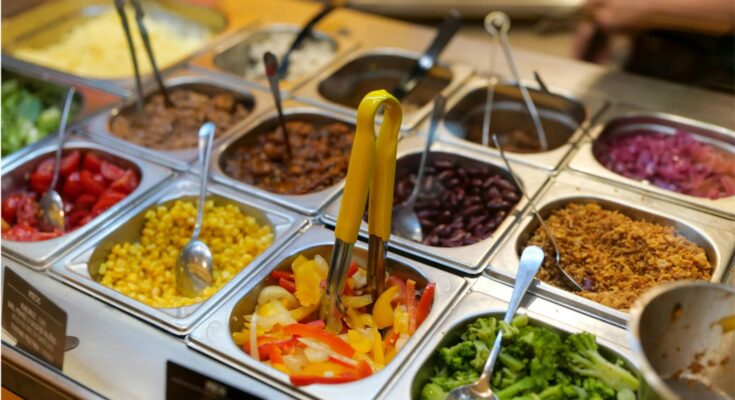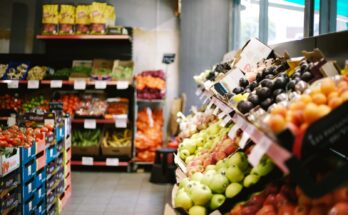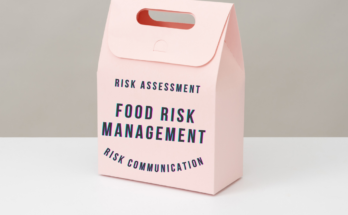Food business operators (FBOs) like small food counters and shopkeepers must follow these hygiene and sanitation rules when handling and selling food items like packed food, bakery goods, fast food, dairy items, grains, confectionery, and beverages:
1. The shop or stall should be:
a. In a place approved by local authorities
b. Clean, covered properly (with canopy, umbrella, etc. when not in use), and not blocking traffic
2. It should not be located near:
- Dirty surroundings
- Heavy vegetation, loose soil
- Waste or scrap yards
- Dusty areas or open drains
- Polluted air or environment
There should be enough space for processing and storing food in a clean setting.
3. The premises must be:
- Clean
- Well-lit (natural light or covered tubelights)
- Properly ventilated (with windows or exhaust fans)
- Spacious for smooth working and movement
4. Surfaces like vending carts, working tables, counters, and storage utensils must be:
- Clean and hygienic
- Strong, rust-free, waterproof (preferably stainless steel), and in good condition
- 2–3 feet above the ground
- Not broken
5. Sale areas, racks, tables, benches, boxes, cupboards, etc., should be neat and clean.
6. Different items (perishables, veg & non-veg, packed, dairy, etc.) should be kept in separate places to prevent cross-contamination.
7. The floor, walls, and roof should be:
- Free from cracks, holes, gaps, and paint peel
- Smooth and easy to clean
- Well-maintained
- Made of solid material like cement, tiles, or kota stone
- Safe and not causing contamination
8. Pest control is important:
- No pests should be present
- Use fly traps, swats, or flaps and check them regularly
- Cover doors and windows with insect-proof mesh
- Seal cracks and holes properly
9. There should be clean drinking water or proper water storage for washing and cleaning. Water should be tested yearly in a recognized lab.
10. Equipment, utensils, and containers must be:
- Smooth and easy to clean
- Safe and non-reactive with food
- Cleaned, dried, and stored away from walls
11. Fridges for storing perishable goods should be cleaned weekly and kept between 4°C to 6°C.
12. Do not reuse disposable items like paper towels, cups, cleaning cloths, and plates.
13. Waste must be removed daily to avoid pests and contamination. Covered dustbins should be available. Drains (if any) must be covered, cleaned, and maintained regularly.
14. Food handlers should maintain personal hygiene:
a. Wear clean aprons, gloves, and headgear
b. Sick people or those with wounds must stay away from food
c. Handlers must:
i. Keep nails trimmed
ii. Wash hands with soap regularly
iii. Avoid scratching or touching hair
iv. Not wear loose jewellery or false nails
v. Not eat, chew, smoke, spit, or blow their nose while handling food
15. Do not keep personal items like clothes or footwear in food areas.
16. No eating, chewing, smoking, spitting, or nose blowing in the food area.
17. Perishable foods like dairy, bread, eggs, fruits, and vegetables should be kept as per demand to avoid leftovers and spoilage.
18. Vegetarian and non-vegetarian items should be stored separately. Veg items should be placed above non-veg items.
19. All food for sale should be safe to eat and properly covered to prevent contamination.
20. Food transport vehicles must be clean, in good condition, and keep the right temperature while moving food.
21. Cleaning products, pesticides, and disinfectants must be stored separately and away from food areas.




Thank you for helping out, great info. “In case of dissension, never dare to judge till you’ve heard the other side.” by Euripides.